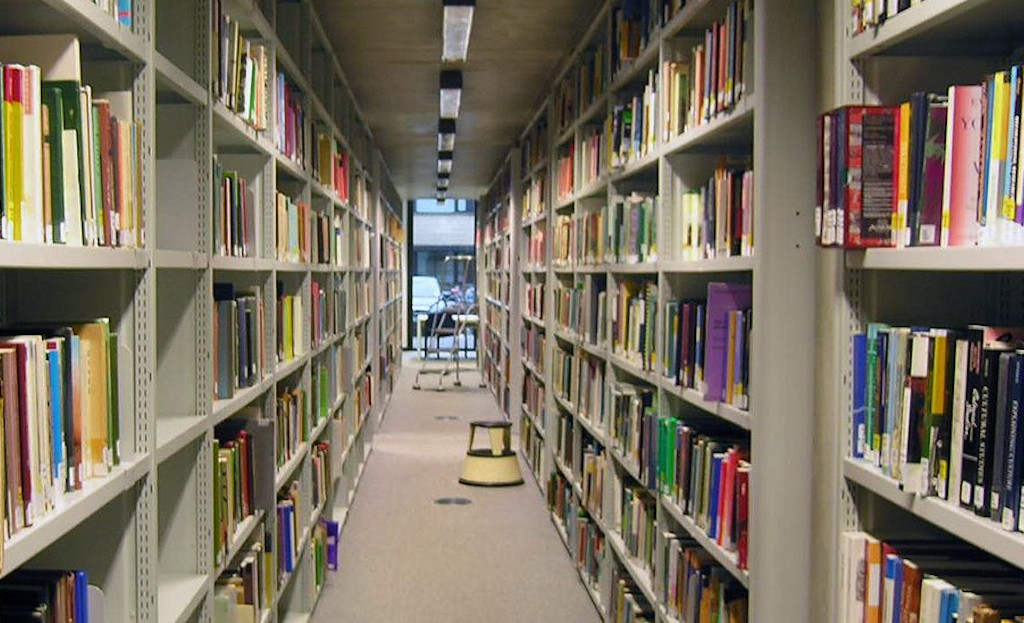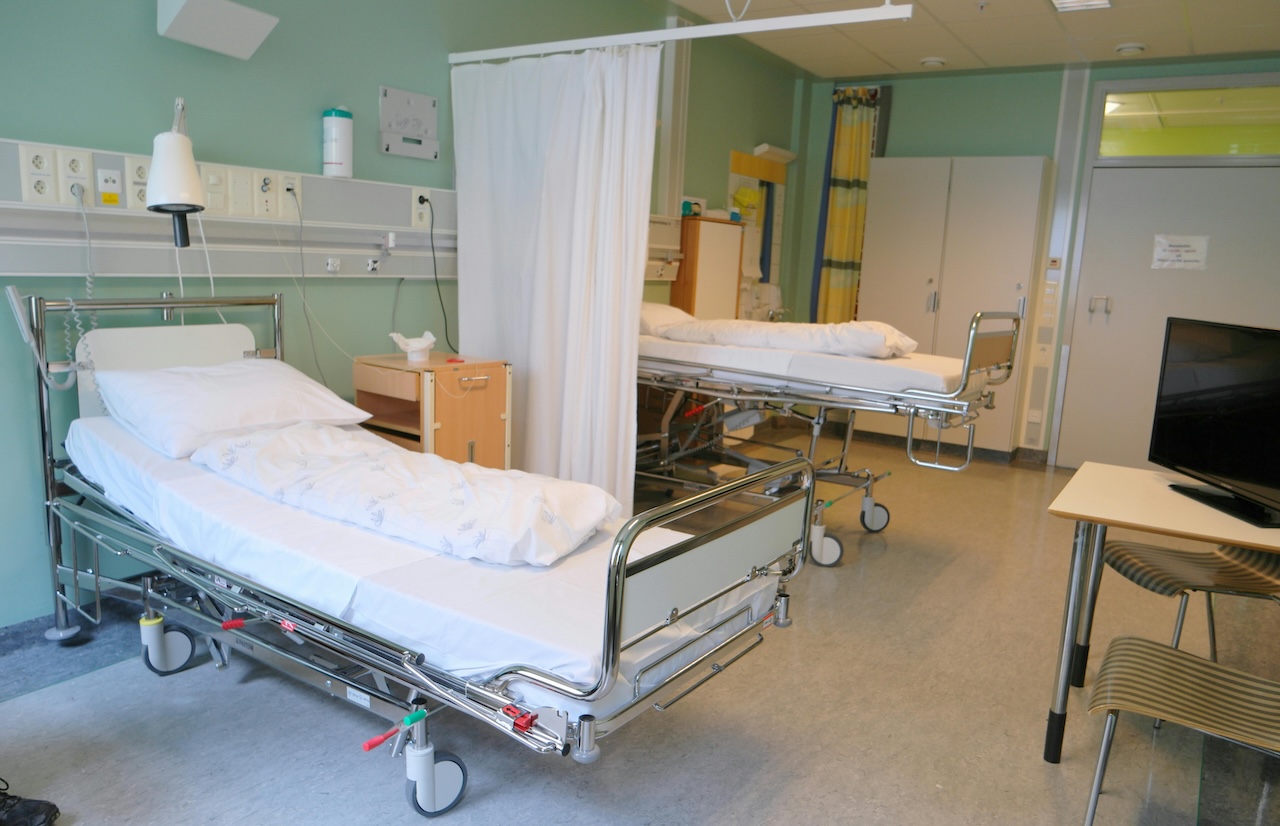With energy prices hitting all-time highs during the past winter, many are feeling the pinch, including universities. Without a permanent price cap in place and the possibility of further fluctuations in energy prices ahead, universities are having to rebalance services to cover cut costs to keep the lights on – literally.
Across Europe, universities are cutting services, going remote and shutting early. In Germany, the University of Erfurt is closing the library on weekends and has moved some classes to online only. In France, the University of Strasbourg started the year with an extended Christmas break and then remote lectures to help combat spiralling costs. They expect their 2023 energy bill to be double the 2021 figure of €10 million. In Slovakia one university closed on Fridays, moving to remote lectures for one day a week.
This disruption not only impacts the university but the students and teachers, who see their learning opportunities and teaching capabilities limited.
Sylvie Retailleau, France’s higher education minister, has said that energy-saving measures should not be “at the expense of the students” and that teaching should avoid “the return to distance”.
Despite a six-month reprieve for UK universities in the form of a short-term price cap set in September 2022, universities must still shoulder price rises at the cost of student learning and the wider long-term impact this may cause.
The majority of energy costs, much like in most commercial buildings, come from the HVAC (heating, ventilation, air conditioning). The HVAC system uses an average of 40% of a building’s power consumption.
With rapidly rising energy costs, focus on reducing power consumption and finding energy efficiencies, should be prioritised over reducing services, to ease budget pressures. There is also a long-term sustainability benefit.
Incube Space founder Rishi Chowdhury says, “We should be using the energy crisis as an opportunity to invest in energy efficiency solutions and not only reduce our bills but also transition to more sustainable estates. Simply investing in better data can allow us to make more informed decisions that not only reduce power consumption but ensure a better in-person experience for students and staff.”
Solutions with low CapEx that see fast payback periods are preferred at a time of constrained budgets. Incube Space developed CubeOS, a platform that utilises its expertise in machine learning to make better use of data in university buildings. CubeOS allows universities to proactively automate HVAC optimisations to counter expected negative indoor air quality changes based on real-time space utilisation. This reduces university power consumption from HVAC systems by 50% or more, leading to an average 20% decrease in a university’s overall energy bills. This 20% saving allows universities to continue to invest and ensure the best teaching and learning environment.
The CubeOS platform acts as a 24/7 building engineer analysing building usage in real-time and tweaking HVAC performance via the BMS to minimise energy waste and ensure optimal indoor air quality and thermal comfort, freeing up facilities teams to focus on upkeep and operations.
In addition, the data collected can also be used to optimise lecture schedules to maximise space utilisation in buildings and reduce low capacity across a wider estate which causes energy waste.
The Government said they will review energy price caps for education facilities in the coming months, however, this doesn’t stop price rises, as residential consumers have found out over the past year. The coming months will be crucial for universities as they identify and put in place energy efficiency and sustainability strategies that safeguard the long-term success of their students and mitigate future energy price fluctuations.





